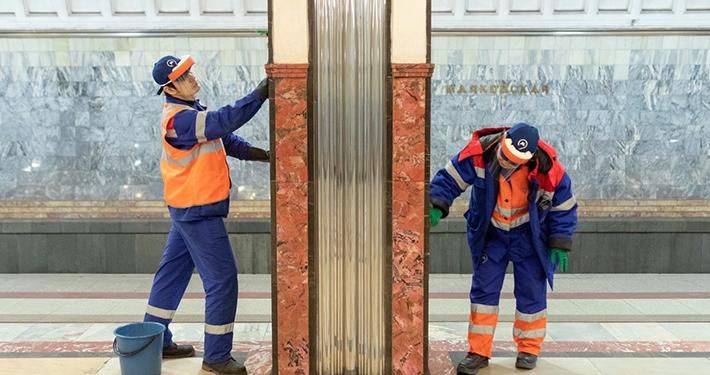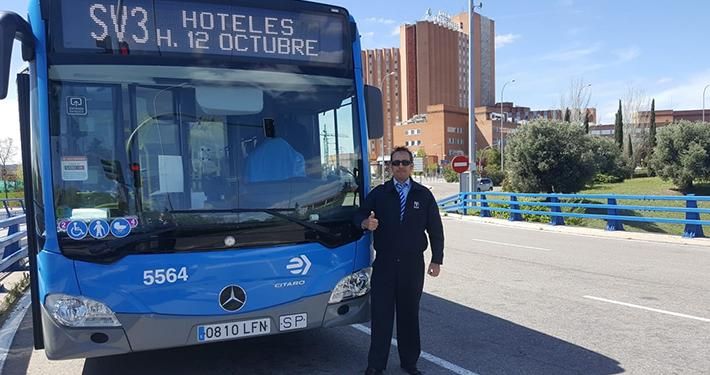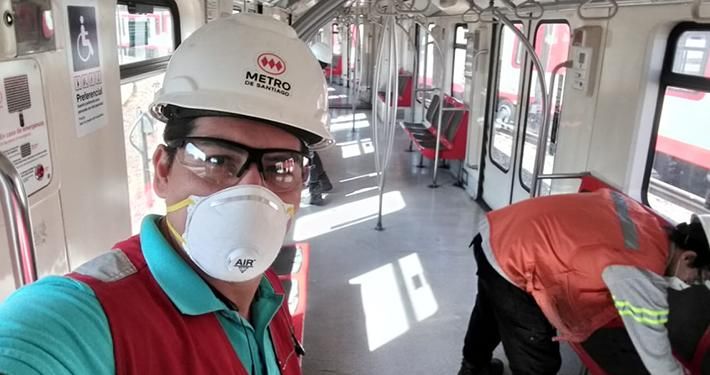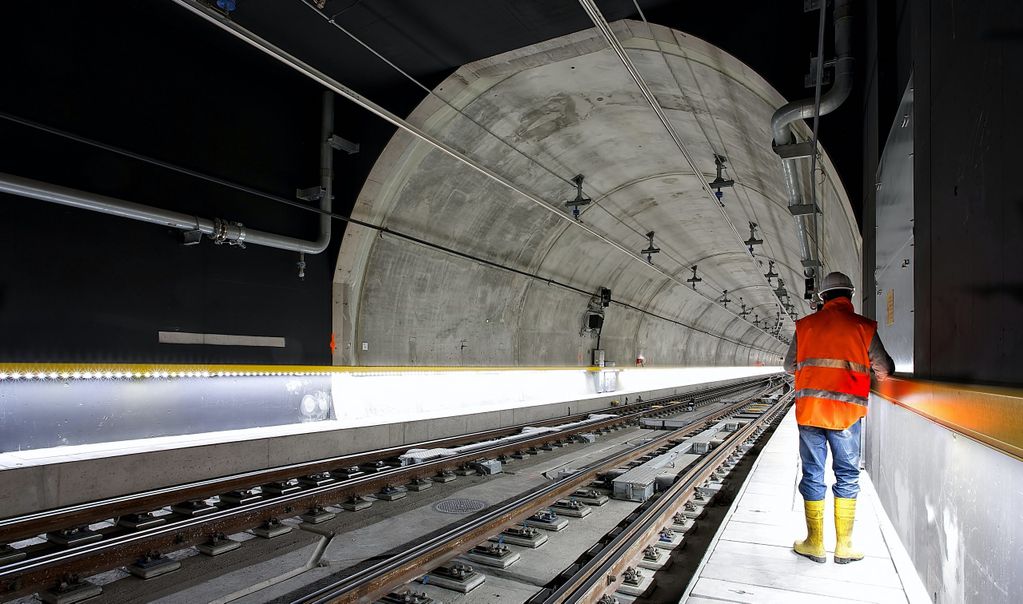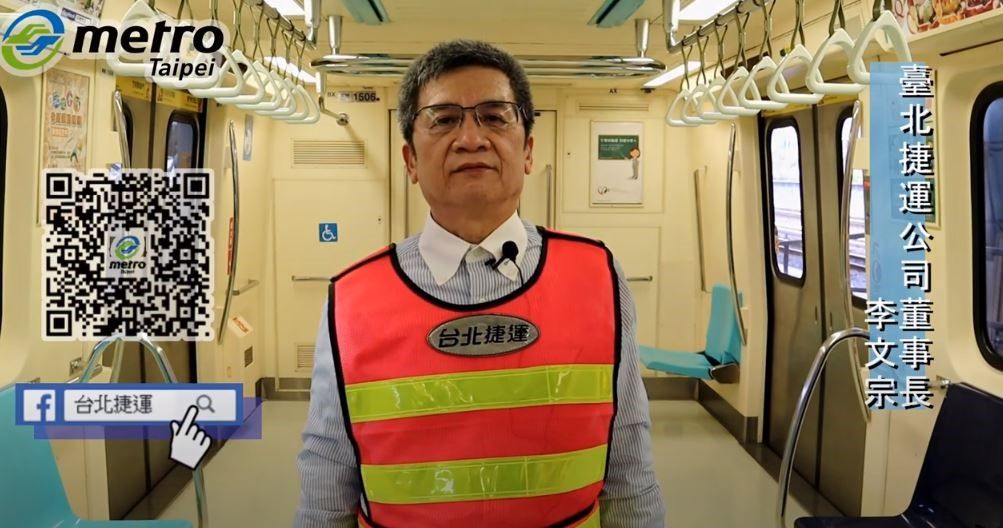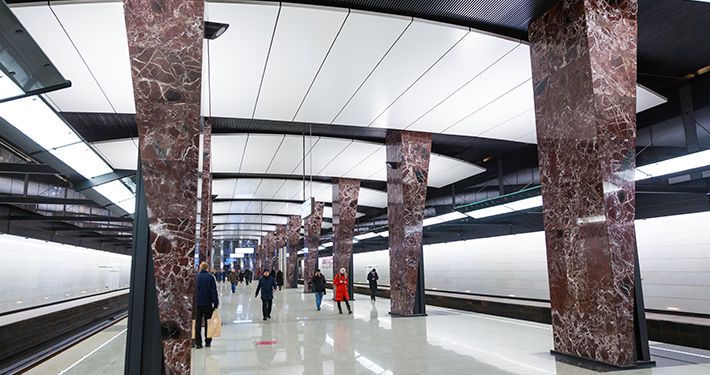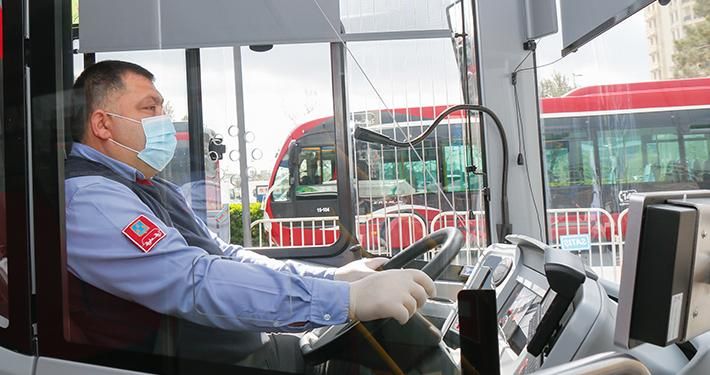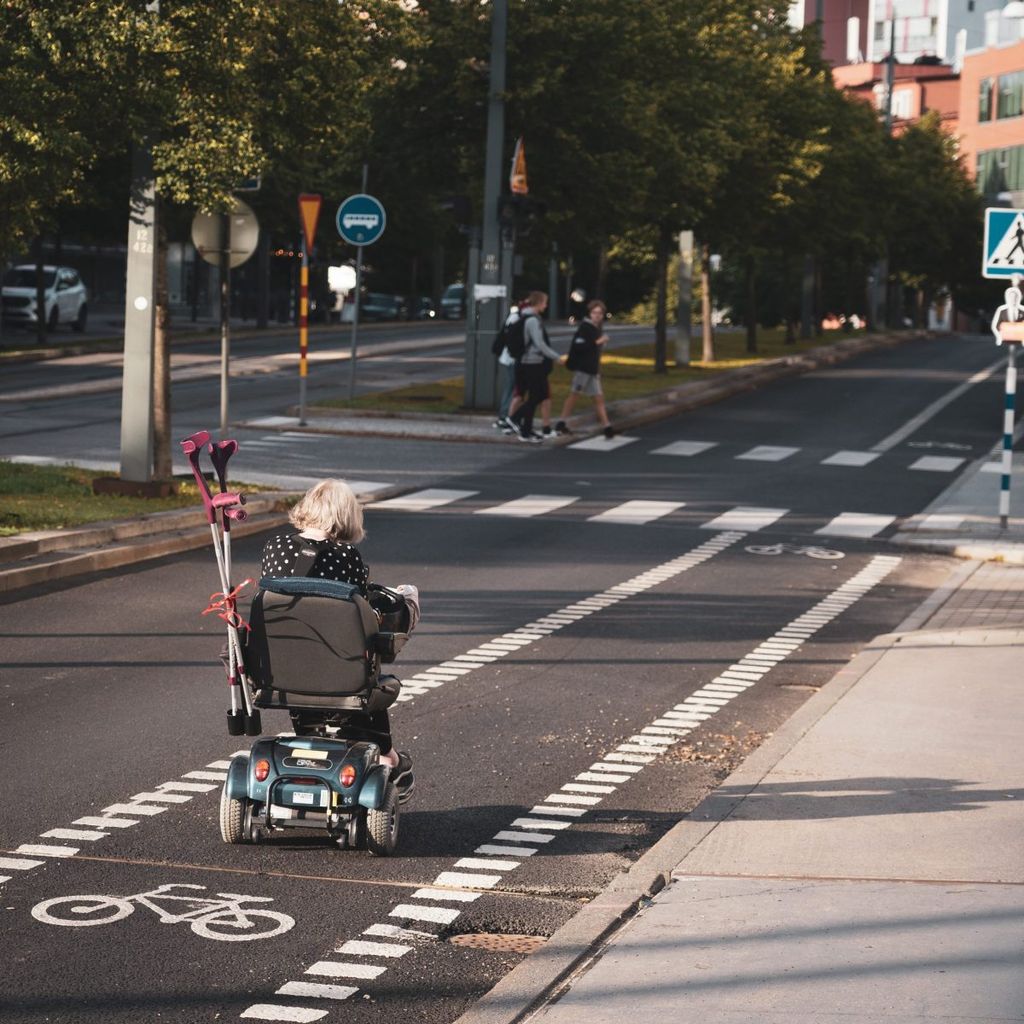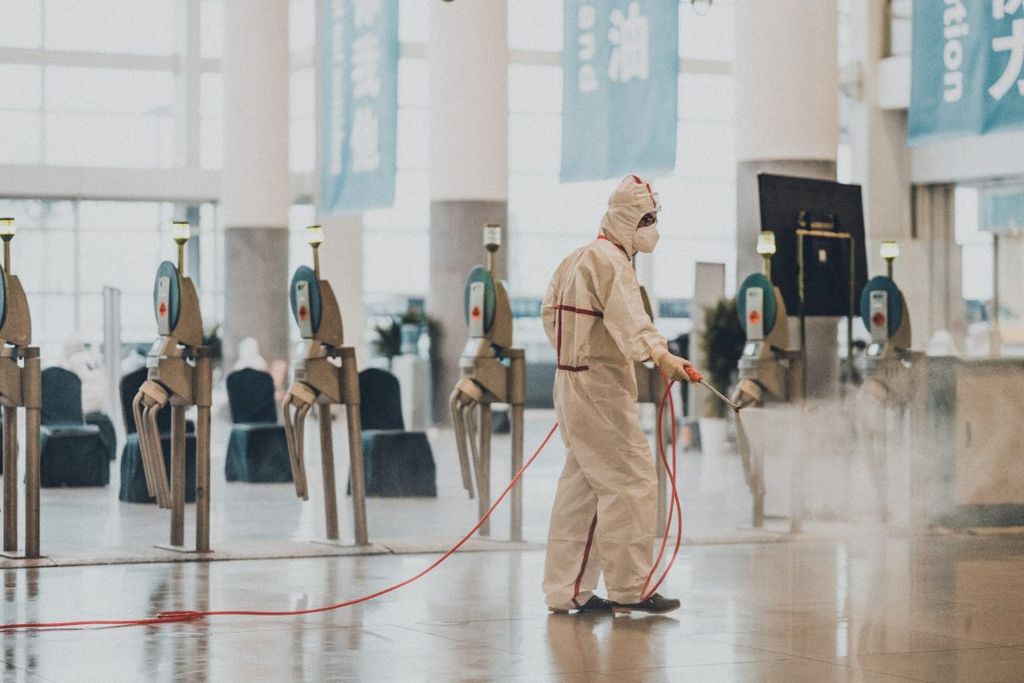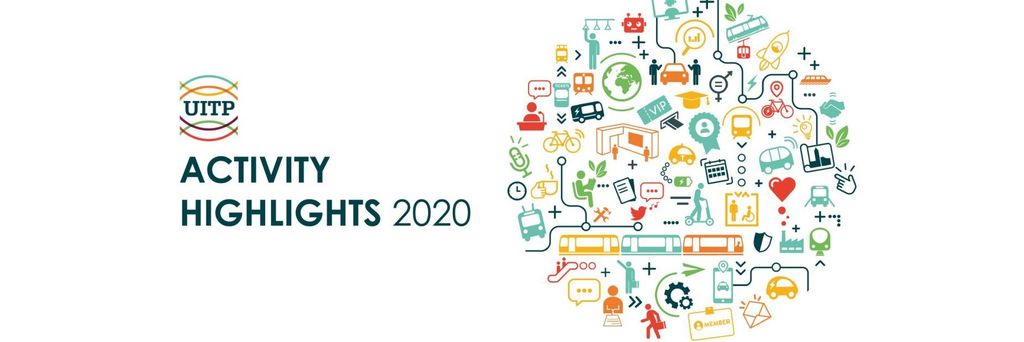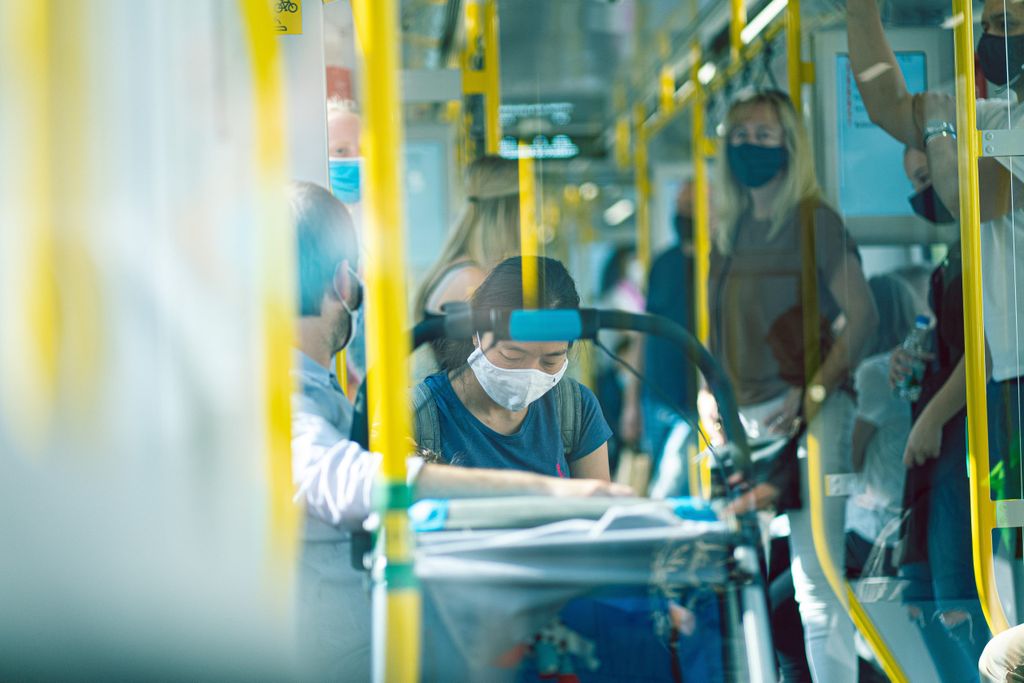
COVID-19
COVID-19 caused a complete halt in daily routines – and the effects are still being felt today. Even as lockdowns were put in place, public transport continued to prove essential to providing mobility to frontline workers and keep our cities moving.
As the world’s economies recover, so too does ridership. Though in many places, such as the Americas, ridership still remains around 20% below pre-pandemic levels. Only now are some leading operators reporting a total rebound, for example TransLink in Vancouver, Canada, who announced in April 2024 a return to pre-pandemic levels. This is not just a challenge, but a unique opportunity to start over and shape the future of our cities and towns.
Public transport is the backbone of sustainable urban mobility, delivering an essential service to keep the heart of cities beating. By investing in public transport and encouraging active mobility, we can build back to better mobility, better cities, and better lives. And by sharing knowledge, studying data and organising events, our global membership aims at helping the sector in rebuilding after the pandemic.
On this dedicated page, we have gathered key insights and resources for decision makers and the sector.
Our resources, knowledge, and events
As we enter an era of ridership recovery and severe workforce shortages, UITP continues to gather experiences, knowledge, and data. We share these insights through publications and events. Expand the topics below to find the most relevant resources.
Public transport is needed more than ever and those in decision-making roles must make sure the sector receives the financial and political incentive it needs. Policymakers can engage with our position publications calling for attention and investment in public transport.
For our Members
Are you a UITP member? Login to MyLibrary and browse our full list of case studies submitted from our members all over the world in an exchange of best practice and know-how.
You can also join in on the exchange and discussions on our members-only LinkedIn group that we’ve dubbed our ‘Coronavirus Exchange Platform’, where members share experiences, knowledge and best practices.
Interested in knowing more about the other benefits of UITP membership?
As the public transport sector tackles the long aftermath of the coronavirus pandemic, public transport employees have worked tirelessly to implement extra cleaning procedures on board and at stations to make sure that the safety, comfort, and needs of passengers continue to be met.
From the very start of the pandemic, UITP’s mission has been to support its members to share best practices and scientific knowledge to keep public transport safe during COVID-19.
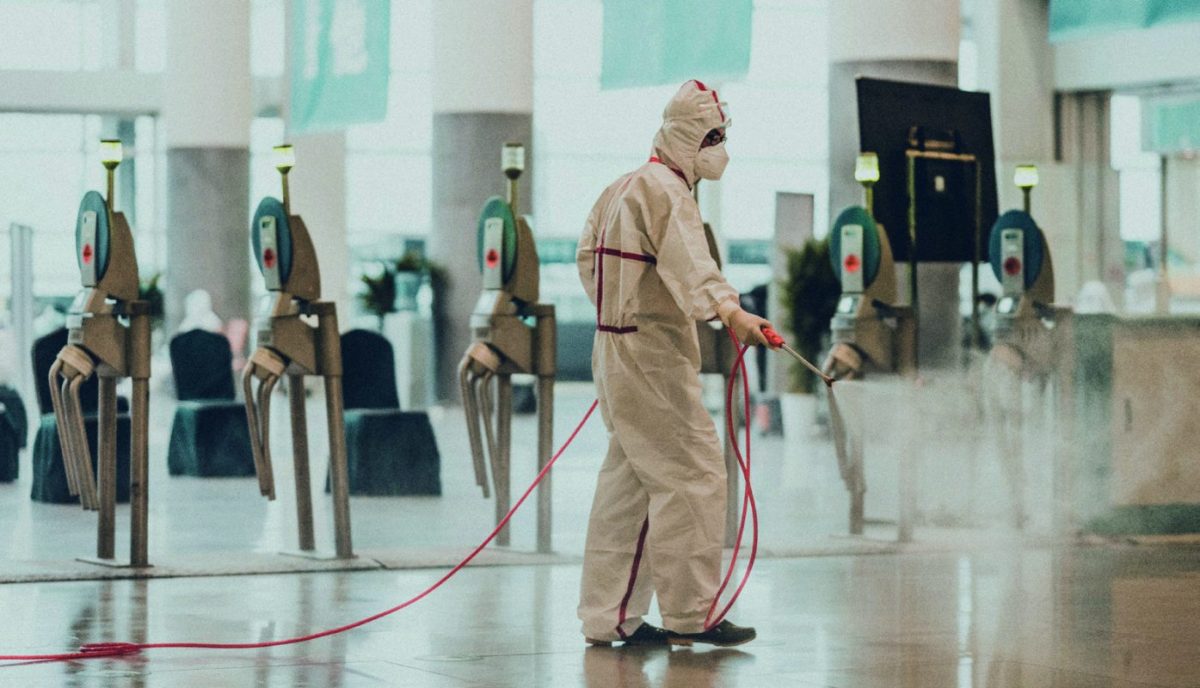
By joining forces with ISSA, the worldwide cleaning industry association, and GBAC, its Global Biorisk Advisory Council™, we can strengthen our responses and resilience to pandemic situations.
The GBAC STAR programme provides an online fundamental course for key employees, as well as guidance documents for outbreak risk assessments, cleaning and disinfecting techniques and more. Globally recognised biorisk management experts then review applicants’ protocols against international standards to ensure that they cover all the necessary elements to protect passengers and employees.
UITP members benefit from a discounted rate to take the GBAC Fundamentals Trained Technician online course, which provides a 2.5 hour overview from infectious disease mitigation experts. The programme will review protocols for fleets, stations, depots, shelters, and corporate facilities.
Translink, the public transport network of Vancouver, Canada piloted the use of copper as a solution against COVID-19. Because of its antiviral properties, the material proved to effectively kill bacteria. Working towards a follow up trial on a larger scale, Translink shared the results in a webinar.
Co-Aps is a recently launched mobile app, that helps reduce the spread of COVID-19 by managing density in public transport and public spaces.
Even though scientific evidence so far seems to indicate that there have been very few contagions on public transport systems, it is important that our sector continues its efforts to provide the safest possible environment for travellers.
The Co-Aps platform implements mobile technology to gather anonymous user data, open data from cities, and data from third party services to provide relevant information about crowds and density to public transport operators and city authorities.
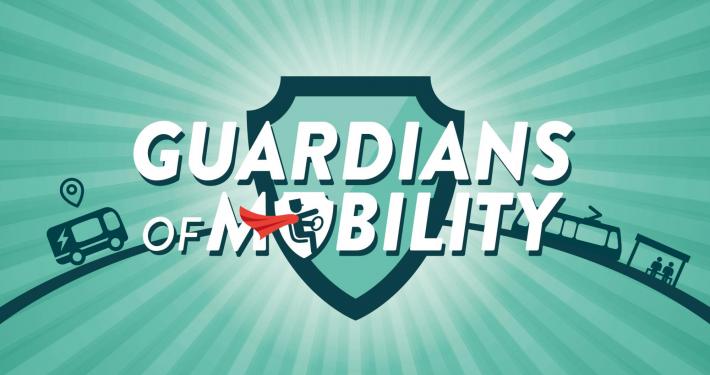
There are many “unsung heroes” in times like these, and we recognise that our public transport professionals are some of them.
Public transport helps you bring groceries to your grandparents, get you to your work as health care professionals, or access health care facilities in times of need. Public transport workers, our ‘Guardians of Mobility’, are an integral part of the front liners keeping essential services available.
Throughout the early stages of the pandemic, we shared stories from our own community on what was being done to keep public transport services running around the world. This gave us the wonderful opportunity to shed light on our sector’s contribution to combatting the pandemic.
Contact
UITP

UITP

Membership benefits

